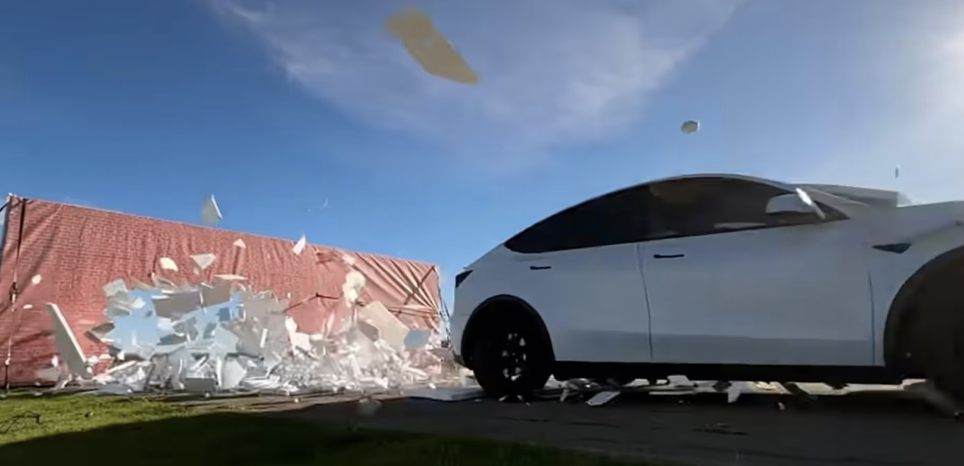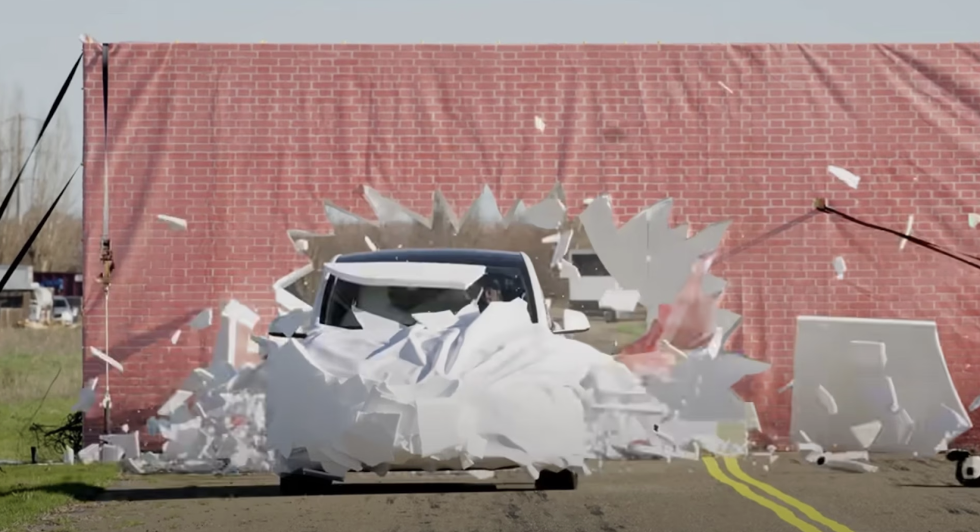Let's be real. People like to feel in control. Think HAL 9000 in 2001: A Space Odyssey (1968). The second that red light starts thinking on its own, Dave's pulling wires. I know folks who'll road-trip 15 hours just to avoid a two-hour flight. Not always because flying freaks them out (though yeah, turbulence is the worst), but because someone else is flying the thing. Driving may be riskier, but at least it feels like you're in charge.
Now swap "flying" for "AI." Same vibe. AI wants the wheel, and it's already easing into the driver's seat. The question is, how comfortable are you with that? Because whether you like it or not, the handoff has already started.
Human conditioning is annoyingly stubborn
We've always been hands-on. So when robots showed up in factories, people freaked. Thought they'd break everything. Turns out, they build cars faster and better than we ever did (and they don't get tired or zone out). That fear made sense at the time (Robotics Archive).
Then there's Tesla's Full Self-Driving. Some folks trust AI about as much as they'd trust C-3PO behind the wheel of the Millennium Falcon. And honestly? Can't blame them.


A YouTuber recently painted a fake tunnel on a wall (classic cartoon trap). Tesla Autopilot went for it. No hesitation. Just straight through. Meanwhile, other cars using LiDAR stopped and said, "Nope." Tesla didn't (Futurism).
And it's not a one-off. Another beta update caused an eight-car pileup in San Francisco after it braked randomly in a tunnel. Not great. So yeah, people side-eye the tech. But this isn't about fear. It's about being smart. If we can get AI to stop hitting walls, we can start using it to make life easier. Fewer screw-ups, better decisions, more time back. That's the point.
We're wired to evolve (even if we complain the whole way)
AI's been in our lives for a while. It's just been hiding in the background. Roombas clean up. Alexa sets timers. Siri gets us out of bed. We're fine trusting it with small stuff.
But when it starts touching critical systems? That's when people start sweating.
Adaptation isn't optional anymore
Here's the truth: AI's already working behind the scenes, whether you've noticed or not.
You're buried in a messy campaign. Assets everywhere. Instead of digging through folders, you ask your AI, "What's out of date?" It tells you. You archive what's old and keep going. Done.

Doctors use AI to catch issues early. HR uses it to flag burnout risks. Banks catch fraud before it hits your account. Ops teams fix problems before anyone notices them.
This isn't the future. This is now. And that's what makes people nervous. Not that AI is here. That it's already doing stuff without waiting for us to double-check.
Final thoughts
Generative AI changed how we work with information. We used to type something into a box and get a wall of links. Now? We get a straight answer.
Whether you realize it or not, you're in it. Your car sends texts. Your phone writes emails. Your tools guess your next move. AI's already in the flow.
So what happens when the questions get bigger? Who gets resources? What gets cut? What's worth the risk?
It's not the doing that scares us. It's the doing without us.
So be honest. Are you actually in control, or just holding the wheel while the system drives? We've already hit one wall. Might be time to figure out where we're really headed.
By the way...
That's why I work at Apolo. We help teams use AI without losing sight of what matters. It's not about replacing people. It's about giving you space to focus while the system takes care of the grunt work. Like spotting risks before they blow up. Making better calls without being buried in dashboards. That kind of thing.
.svg)


